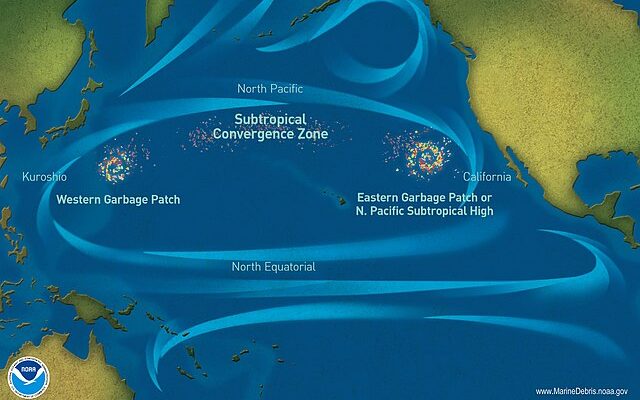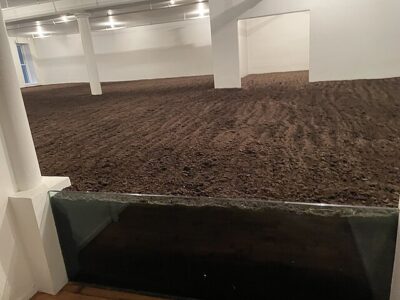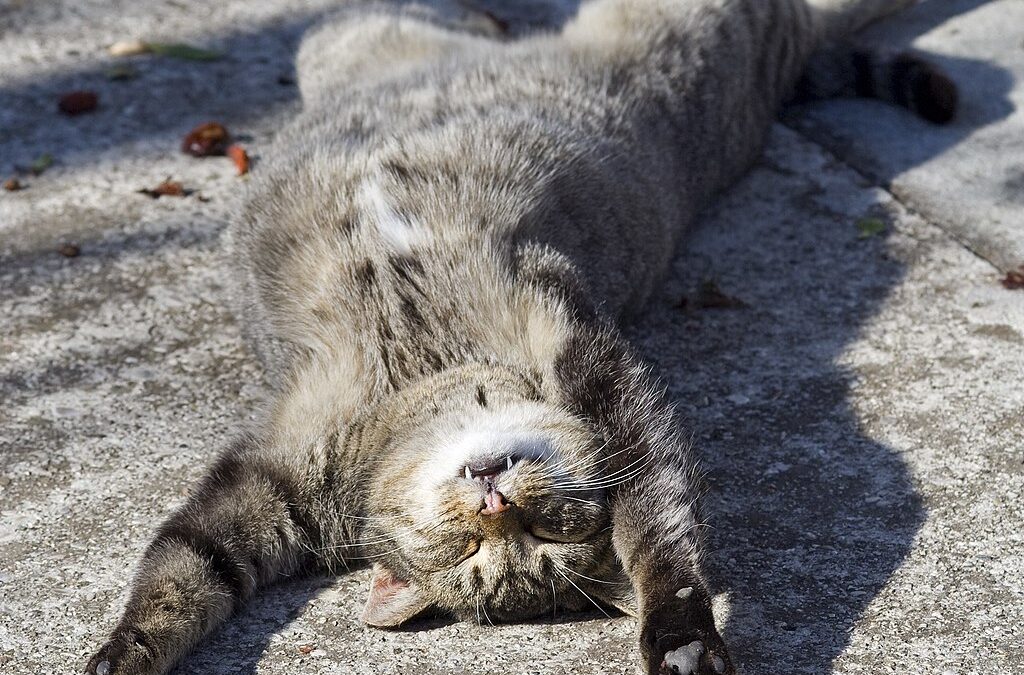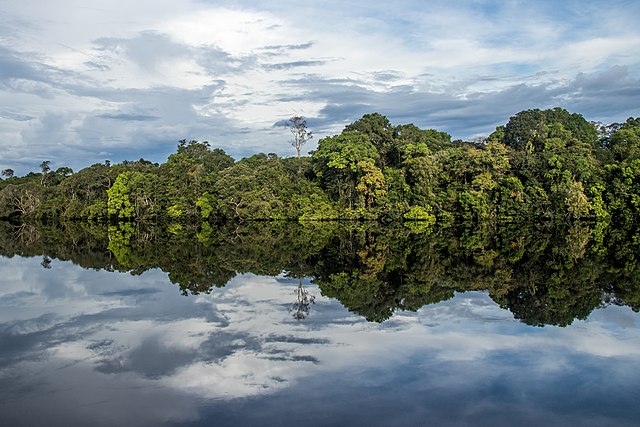
Genetic engineering, where precise manipulation of an organism’s DNA is harnessed to advance diagnostics, treatments, and even potential cures for various diseases, has become a growing innovation in medicine. This transformative technology allows scientists to target specific genetic mutations underlying inherited disorders, such as cystic fibrosis or sickle cell anemia, with the potential to correct or mitigate these conditions at their root. Moreover, gene therapy techniques are being developed to introduce therapeutic genes into patients, offering the promise of treating diseases like severe combined immunodeficiency (SCID) or certain types of inherited blindness.
But now, scientists have begun applying genetic engineering to solve another problem plaguing the world. Researchers at MIT have developed a genetically-modified bacteria that can live in salt water and breakdown plastics that are filling the ocean.
It could be the silver bullet to cleaning up the Great Pacific Garbage Patch.
To harness the promise of nature in this quest, the team combined the prowess of two bacteria. Vibrio natriegens, the first of the duo, thrives in saltwater environments and possesses a unique characteristic: its rapid reproductive rate. The second, Ideonella sakaiensis, stands out due to its ability to produce enzymes which decompose [polyethylene terephthalate].
Delving into the molecular mechanics, the researchers extracted the DNA from I. sakaiensis responsible for producing plastic-breaking enzymes and merged it into a plasmid. These plasmids are genetic sequences which can autonomously replicate inside a cell, without relying on the host cell’s chromosomes. By integrating this plasmid into V. natriegens, the scientists could coax it into manifesting the crucial enzymes.
Crook illustrated this pioneering work, saying, “This is scientifically exciting because this is the first time anyone has reported successfully getting V. natriegens to express foreign enzymes on the surface of its cells,” writes The Brighter Side.
Validating this effort, V. natriegens demonstrated its capability to break down PET in saltwater at ambient temperatures.
“From a practical standpoint, this is also the first genetically engineered organism that we know of that is capable of breaking down PET microplastics in saltwater,” Tianyu Li, the paper’s first author and a Ph.D. student at NC State commented. “That’s important, because it is not economically feasible to remove plastics from the ocean and rinse high concentration salts off before beginning any processes related to breaking the plastic down.”
Plastic in the ocean is a growing concern due to its impact on marine life and the environment. Every year, a substantial amount of plastic waste ends up in the ocean, causing various problems. The main issue is that plastic doesn’t easily break down in water, which means it can linger for a very long time, harming marine creatures.
Marine animals, such as turtles and seabirds, can get tangled in plastic debris, leading to injuries or even death. Additionally, smaller pieces of plastic, called microplastics, are ingested by fish and other marine animals, which can disrupt their health and the balance of the ecosystem.
Li and his team believe their new bacteria could be an inexpensive way to reduce the contamination and pollution of water altogether, making for a cleaner world.
[Read More: He Heard A Noise, Then He Started Praying]









